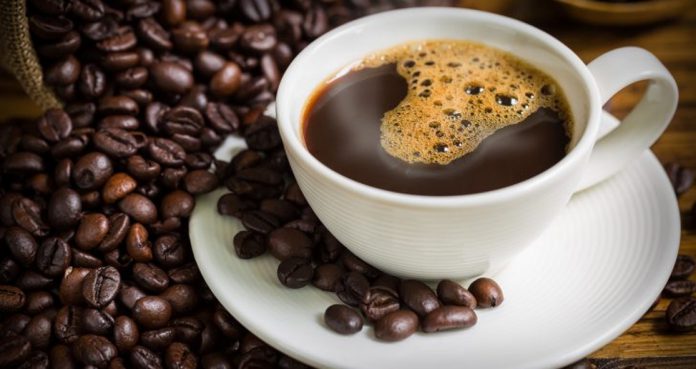A new study suggests that a single cup of coffee is what you may require to tackle two of the most common conditions – obesity and diabetes.
Researchers conducted the first study in human beings to show that a cup of coffee can have a direct effect on your brown fat functions.
Also considered good fat, brown fat is known to help the body convert nutrients into energy and generate heat. The researchers said that another type of fat, which is referred at yellow or white fat, results from the excessive storage of calories.
The scientists said that white or yellow fat is associated with obesity and diabetes and brown fat may help you stay lean and maintain healthy body weight.
Some experts suggest that making the body to convert white fat into brown fat could be a great way to fight obesity and diabetes.
It has been found that brown fat metabolizes food into energy by activating the uncoupling protein 1 (UCP1). To study the link between coffee and UCP1, researchers from the University of Nottingham, UK, conducted a study.
Lead study author Prof. Michael Symonds and his team carried out experiments to look at the effects of caffeine on brown fat thermogenesis (heat generation).
The researchers analyzed the effects of drinking a single cup of coffee and found that coffee stimulated the temperature of the supraclavicular region, where the brown fat is more, which is indicative of thermogenesis.
Prof. Symonds said, “The results were positive and we now need to ascertain [whether] caffeine, as one of the ingredients in the coffee, is acting as the stimulus or if there’s another component helping with the activation of brown fat. We are currently looking at caffeine supplements to test whether the effect is similar.”
The researcher added, “Once we have confirmed which component is responsible for this, it could potentially be used as part of a weight management regime or as part of [a] glucose regulation program to help prevent diabetes.” “Increasing [brown fat] activity improves blood sugar control as well as improving blood lipid levels, and the extra calories burnt help with weight loss. However, until now, no one has found an acceptable way to stimulate its activity in humans,” explained Prof. Symonds.






















